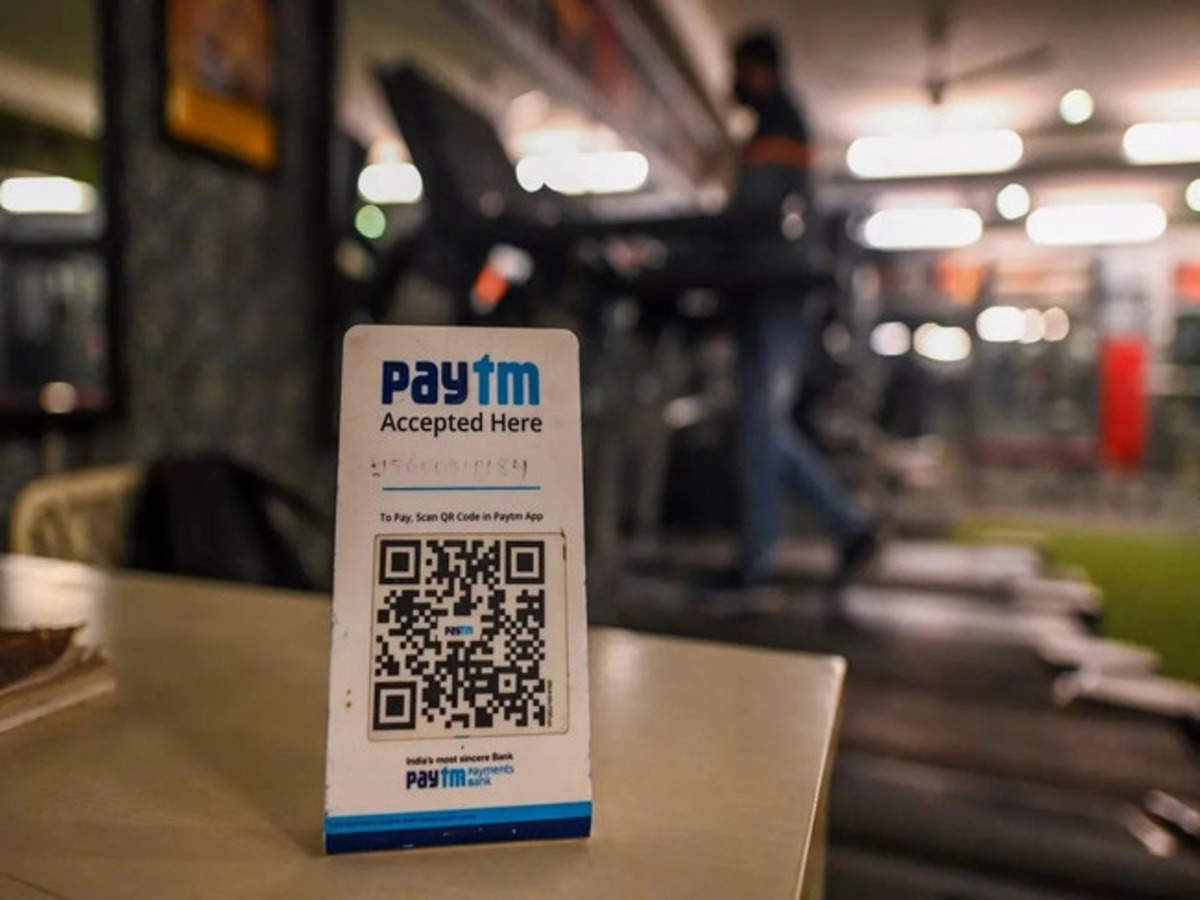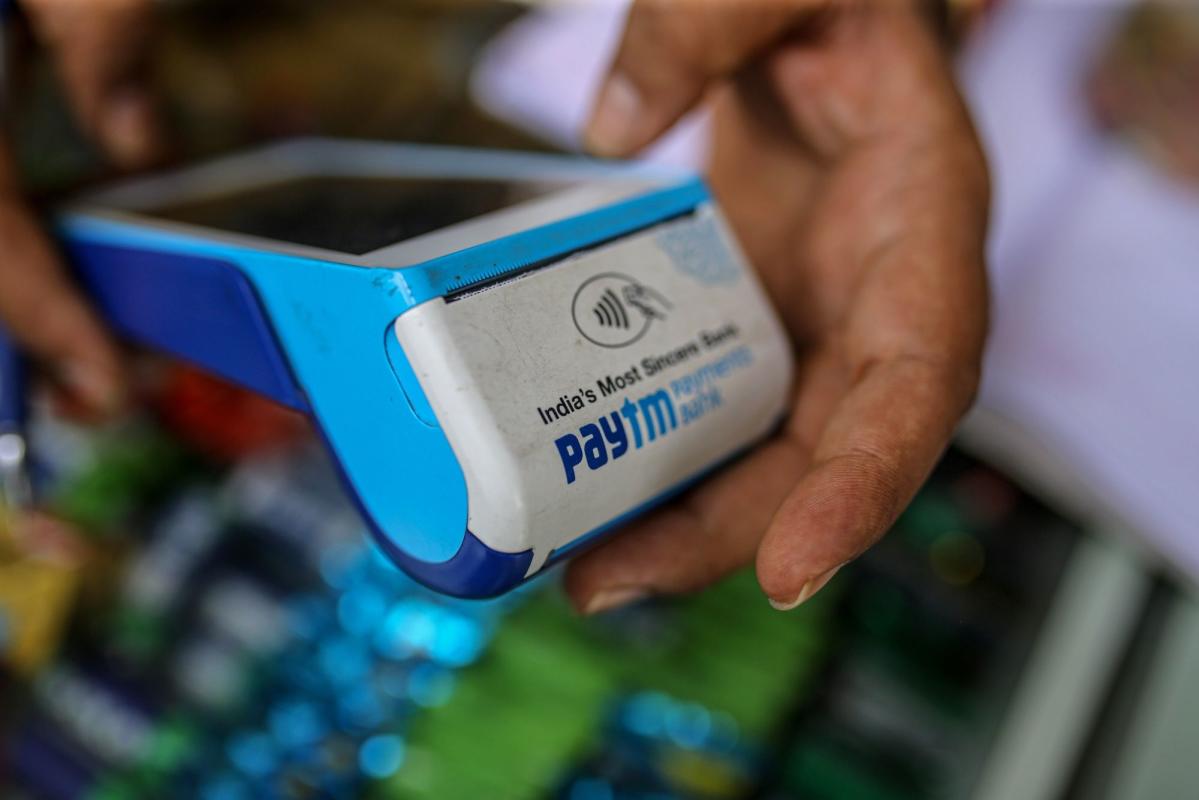RBI orders the company to reapply after declining to award Paytm a license as a payment aggregator in 2022.

RBI orders the company to reapply after declining to award Paytm a license as a payment aggregator in 2022.
Paytm Payments Services (PPSL) was denied a license as a payment aggregator by the Reserve Bank of India (RBI), the business announced to the stock exchanges on November 26.
The subsidiary of the fintech company had submitted an application for verification to provide payment aggregator (PA) solutions to online retailers. As a result, Paytm is the only important player in payment gateways to handle a regulator rejection. The regulator has given the go-ahead in principle to incumbents, including Razorpay, Pine Labs, Cashfree, and CCAvenues, while BillDesk and PayU are still awaiting a response.
Other than a few minor companies, Mobikwik is the only player whose application the RBI has rejected because it did not fulfill the criteria for net value. According to sources, the corporation has already renewed the license.
Paytm answered that its application was “not rejected” in the interim. According to a company representative, the RBI has not denied our application, it just requested us to resubmit in 120 days. We are doing all the important actions in the hopes that we will soon receive the relevant approvals.

According to the central bank, PPSL has 120 calendar days to resubmit their PA application. Other actions include not onboarding modern web merchants and getting the proper approval for Paytm’s other downward investment into PPSL in order to meet the government’s foreign direct investments (FDI) requirements.
In its response, the business highlighted that the RBI had made no additional “material observations.” By the letter, PPSL must fulfill these instructions and resubmit the PA petition in 120 days from the date:
- Request the Company’s appropriate approval for the prior downward investment in PPSL to comply with the FDI Guidelines.
- failing to accept new online vendors
Other than what was already mentioned, there are no other major observations. As the RBI notification means the integration of new online merchants, it has no meaningful impact on our operations or revenues.

“Since the message from RBI is only applicable to the onboarding of new online merchants, it has no impact on our company or revenues. According to the statement, “We can continue to onboard with offline merchants and provide them with payment options like all-in-one QR, Soundbox, and card machines.
The business stated that PPSL could be the same to present business with current online merchants whose access to the services will not be impacted. The company stated, “We are hopeful of acquiring the needed permissions in a timely fashion and resubmitting the application.”
The business has 100 million KYC customers, and according to the ’s Atm Bank website, it is gaining 0.4 million new users every month. According to the website, “We are the largest FASTag issuer with over 8 Million FASTag release new.”
This blow for Paytm comes because when the market for payments is becoming more competitive, with more offline companies seeking an online partner to provide omnichannel payment services to retailers and established players exceeding their product lines. While it waits for the RBI to approve the license, Paytm’s rival PhonePe is developing its payment gateway. Wipe, a Point of Sales (PoS) participant, is experimenting with online payments and received in-principle license approval in August of this year.
Additionally, the regulator is dealing with Paytm a second setback after ordering it to suspend onboarding new users for Paytm Financial Institution in March. Paytm Payments Bank management has received the RBI-mandated IT auditor’s assessment and the central bank’s assessment of it, the business stated on November 7. The ban has yet to be lifted.
A payment aggregator is what?

By taking consumer payment instruments, a payment aggregator provides payment services to merchants and u t websites. They do this by combining the money they get from customers and transferring it to merchants after a set period. In addition to allowing bank transfers for businesses without them having to open profiles with the bank directly, the services include supporting integrated payment methods, including exchanges of money and checks, and online and offline contact points.
Why is a license needed?
The RBI requires that all PAs must be authorized by it in a new set of regulations published in March 2020. To do this, the regulator asked non-bank businesses that provide PA services to submit applications for authorization by June 30, 2021; this deadline was eventually moved out to September 30, 2021. After thinking of all of the applications, a decision was made to grant the license. All payment gateways were needed by the regulations to get a license to operate.

The few businesses that have been granted permission to act when the payment aggregates in India would be directly under the control of the RBI. For a PA license, more than 185 fintech businesses and startups have already submitted their applications.
The company expressed its optimism that it will apply again after swiftly getting the needed clearances. PAs are companies that make it easier for merchants and e-commerce sites to accept different payment instruments from customers to fulfill their payment promises without the need for the latter to develop their payment integration system.
The RBI’s PAs guidelines state that a single company cannot continue to provide both payment aggregator services and an e-commerce marketplace and that the payment aggregator service must be distinct from the e-commerce open market business.
How should Paytm forward?

To adhere to the RBI requirements, the business must get the requisite Paytm permission for a downward investment in PPSL. To carry out the government’s directives thinking of foreign direct investment (FDI), this order has been given. Aside from this, Paytm is currently unable to integrate new online retailers.
What is a payment aggregator, and why is one required?
A payment aggregator gathers money from consumers using several methods in one location. We refer to this as a pool. This money is then deposited into the merchant’s profile. This saves the merchant from having to manage different payment options. The payment aggregator handles this work. The RBI mandated that all payment aggregates must be authorized by it as of March 2020. By June 30, 2021, non-financial institutions were invited to submit their applications for a license like a payment aggregator. Following that, this deadline was raised to September 30, 2021.
Edited by Prakriti Arora





